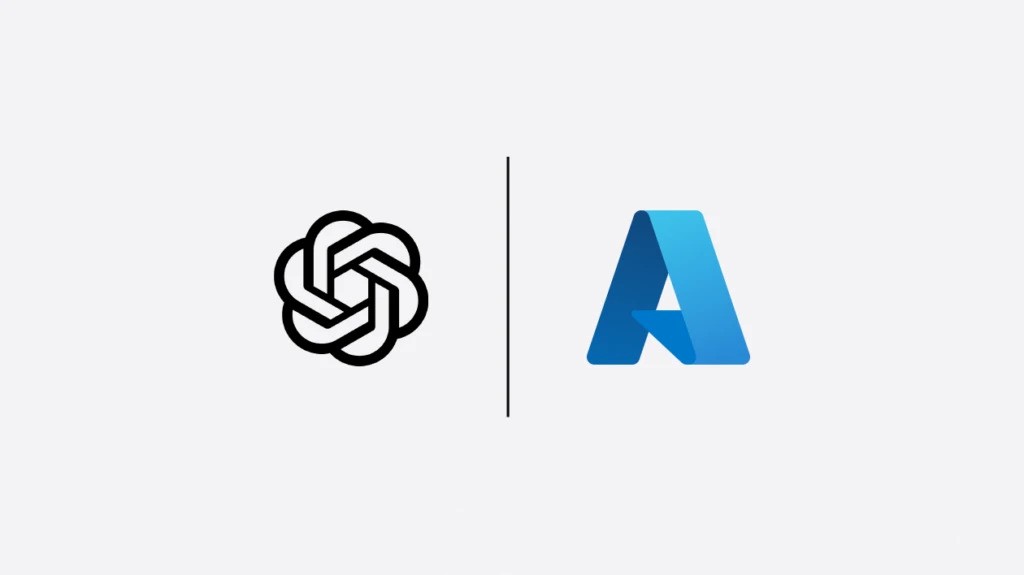Critical Azure OpenAI Security Breach: Hackers Generate Harmful AI Content
In a concerning development that highlights the growing intersection of cybersecurity and artificial intelligence, Microsoft has revealed a sophisticated cyber attack targeting its Azure OpenAI service. The tech giant disclosed in early January 2025 that a group of skilled hackers managed to bypass critical security measures, gaining unauthorized access to powerful AI tools that were subsequently used to generate harmful content.
The Breach: A Deep Dive into What Happened
Microsoft’s legal team took decisive action in December 2024, filing a landmark lawsuit in the Eastern District of Virginia against ten unidentified individuals. According to court documents, these cybercriminals, operating as part of a foreign-based threat group, employed an intricate strategy to compromise the Azure OpenAI platform – a crucial service that enables businesses to integrate sophisticated AI tools like ChatGPT and DALL-E into their cloud applications.
How the Attackers Gained Access
The cybercriminals demonstrated remarkable sophistication in their approach:
- They systematically scraped public websites to harvest customer credentials
- Developed custom software specifically designed to breach Azure OpenAI’s security protocols
- Successfully circumvented established safety guardrails
- Created a network for reselling access to other malicious actors
Impact on Business and Technology
The breach raises significant concerns for the business community, particularly because Azure OpenAI powers several critical services, including GitHub Copilot – a widely-used AI coding assistant that countless developers rely on daily. This incident underscores the delicate balance between advancing AI technology and maintaining robust security measures.
Legal Implications and Microsoft’s Response
Microsoft’s legal complaint alleges multiple violations of federal law, including:
- The Computer Fraud and Abuse Act
- The Digital Millennium Copyright Act
- Federal racketeering statutes
In a significant legal victory, Microsoft has already secured court approval to seize a website central to the criminal operation. This strategic move serves multiple purposes:
- Enables the collection of crucial evidence about the perpetrators
- Helps understand the monetization methods used by the criminals
- Allows for the disruption of additional technical infrastructure

The Broader Impact on AI Security
This incident serves as a wake-up call for the entire tech industry, highlighting the potential vulnerabilities in AI systems and the need for enhanced security measures. As artificial intelligence continues to evolve and become more integrated into business operations, the importance of protecting these powerful tools from malicious actors becomes increasingly critical.
Looking Forward: Implications for the Future
The breach raises important questions about:
- The future of AI security protocols
- The balance between accessibility and protection
- The role of legal frameworks in addressing AI-related cybercrime
- The need for international cooperation in combating sophisticated cyber threats
Industry Response and Best Practices
This incident has prompted cybersecurity experts to recommend enhanced security measures for organizations using AI services, including:
- Implementing stronger authentication protocols
- Regular security audits of AI systems
- Enhanced monitoring of AI tool usage
- Development of comprehensive incident response plans
Protecting Your Organization
For businesses utilizing AI services, experts recommend:
- Regular security assessments
- Employee training on AI security protocols
- Implementation of multi-factor authentication
- Continuous monitoring of AI system usage
- Regular updates to security protocols
This landmark case represents a crucial moment in the ongoing battle between technology advancement and security concerns, highlighting the need for continued vigilance in protecting AI systems from malicious actors.
FAQs for the Azure OpenAI security breach, structured to address key reader concerns:
Q: What exactly happened in the Azure OpenAI security breach?
A: A group of cybercriminals gained unauthorized access to Microsoft’s Azure OpenAI service by stealing customer credentials from public websites. They used custom software to bypass security measures and generated harmful content using AI tools like ChatGPT and DALL-E.
Q: When did the breach occur and when was it discovered?
A: Microsoft filed the lawsuit in December 2024 and publicly disclosed the breach on January 10, 2025. The exact timeline of the breach activity hasn’t been publicly revealed.
Q: How did the hackers gain access to Azure OpenAI?
A: The attackers used a multi-step process:
- Scraped public websites to collect customer credentials
- Developed specialized software to bypass security measures
- Used stolen credentials to access Azure OpenAI services
- Modified the AI services to generate unauthorized content
Q: What type of harmful content was generated?
A: Microsoft hasn’t specifically disclosed the nature of the harmful content, only stating that it violated their policies. The company’s legal complaint indicates the content was both harmful and illicit.
Q: Were any customer data or systems compromised?
A: While the attackers accessed Azure OpenAI services using stolen credentials, Microsoft hasn’t indicated that any customer data beyond the stolen credentials was compromised. However, organizations using Azure OpenAI should review their security settings.
Q: What legal action is Microsoft taking?
A: Microsoft has filed a lawsuit against ten unnamed defendants in the US District Court for the Eastern District of Virginia, citing violations of:
- The Computer Fraud and Abuse Act
- The Digital Millennium Copyright Act
- Federal racketeering laws
Q: What steps has Microsoft taken to prevent future attacks?
A: Microsoft has:
- Secured court approval to seize a website used in the criminal operation
- Begun gathering evidence about the perpetrators
- Started disrupting the technical infrastructure used in the attack
- Enhanced monitoring of AI service usage
Q: Does this affect GitHub Copilot users?
A: While Azure OpenAI powers GitHub Copilot, Microsoft hasn’t indicated that Copilot users were directly affected. However, users should maintain strong security practices and watch for any unusual activity.
Q: What should Azure OpenAI customers do to protect themselves?
A: Customers should:
- Review and update their security credentials
- Implement multi-factor authentication
- Monitor their AI service usage for unusual activity
- Review and update access controls
- Train staff on security best practices
Q: Could similar attacks happen to other AI services?
A: Yes, this incident highlights vulnerabilities in AI services generally. Any AI platform could potentially be targeted, making it crucial for both providers and users to maintain strong security measures.




